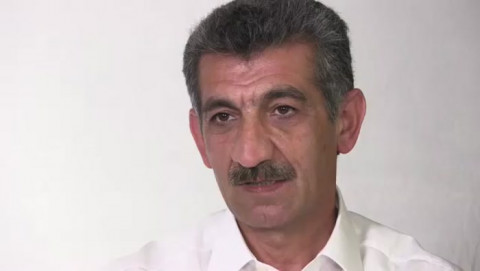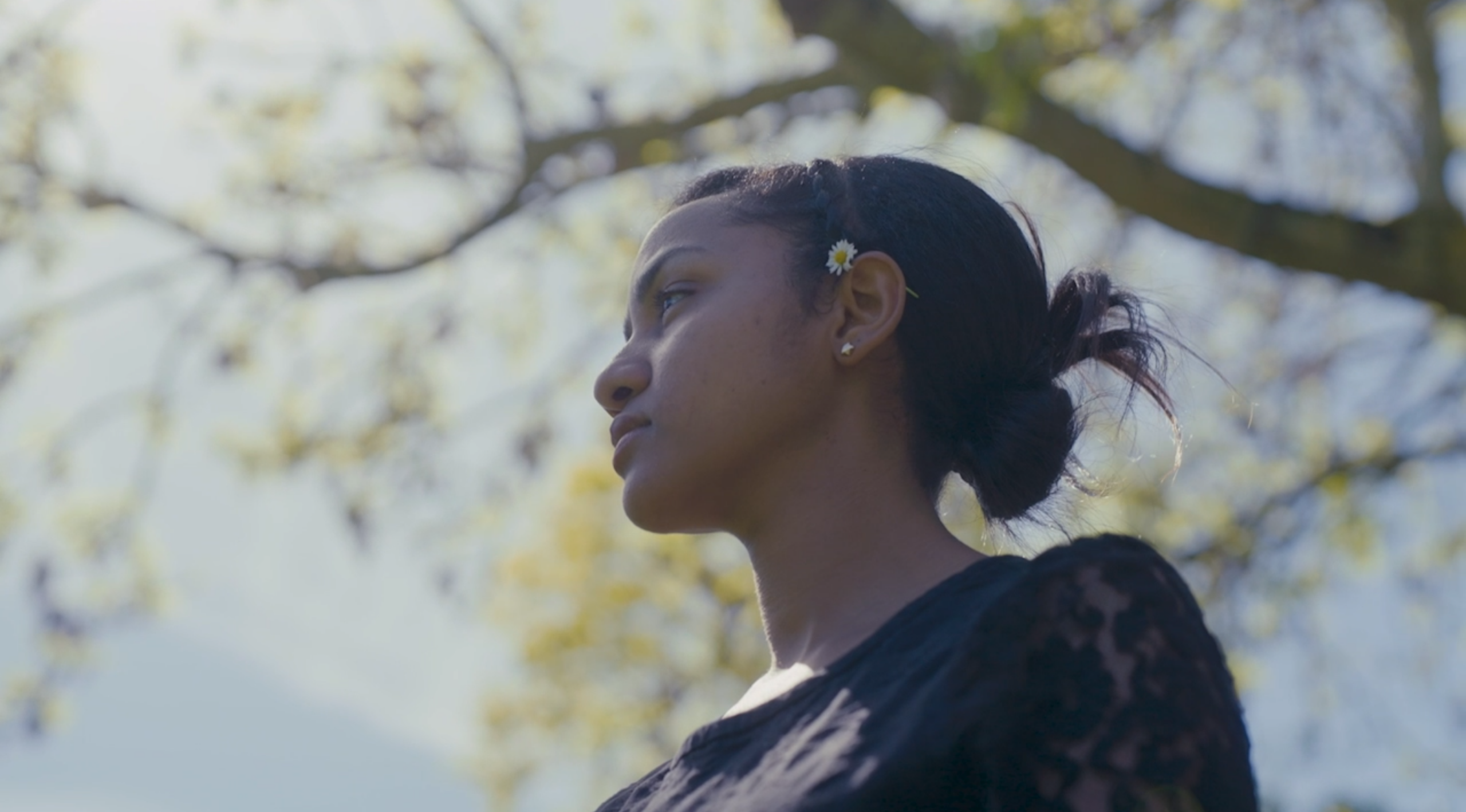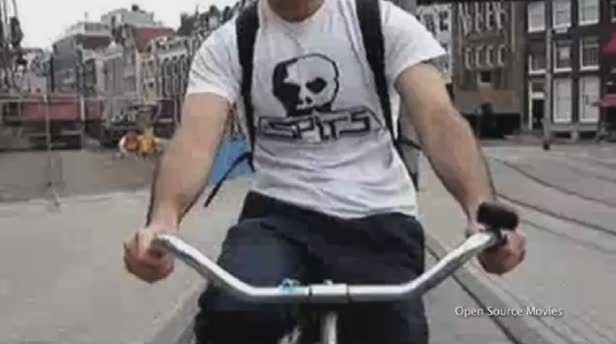Meet Giles Goddard who is the Vicar at St John’s Waterloo. Giles is Gay and Christian, he explains his life journey and how he manages the ups and downs of being Gay in the Christian community. Giles has often felt conflicted throughout his life being gay and has faced many difficulties but through Christianity and the love of God he has found his true path in life. This documentary was created in partnership with the BFI during the BFI documentary residential 2024.
Transcript
Let Us Love
Giles: So I think for me, love is the life force, that's the core, really, of all that I'm preaching and all that I'm teaching and how I'm trying to get this congregation to live. Love is not just about being in a relationship. Love is friendship. Love is community. Love is warmth. And love is knowing that you're cared for and knowing that you're able to care for other people. Um. Love is long suffering. Love is patient. Love is kind. Love feels. It's about being fulfilled as a person. So my name is Giles Goddard, I'm the vicar of this church, Saint John's Waterloo, which is the church by the Imax in central London. I've been here for about 13 or 14 years, and I've been a vicar for about 25 years. When I was about 15, I became a much more committed Christian, and that was very, very good for a couple of years. But I discovered and this was a long time ago, this was back in the 1970s. After a while, I worked out that there seemed to be a conflict between my sexuality and my faith, and I was being told by the leadership that, you know, it wasn't okay to be an active gay person.
I kind of struggled with that for a bit. And then I decided, or it felt as though the Christianity that I thought I'd discovered wasn't what I was being offered. So I gave it all up and decided not to be a Christian anymore. Satisfied myself that God didn't exist. I was kind of living the life of a London gay man. Um, so there was a lot of clubbing. It was great, I enjoyed it. I'm not anti clubbing. Um, but it was all a bit. I felt a bit lost. I think it was quite hard to kind of form relationships and things and I and this was also during the Aids. It was when Aids was at its worst as well. And a friend of mine, actually, who I'd been at school with, said, I think you should come back to church. I certainly didn't go back with the intention of becoming a vicar. Um, but I felt that it was a place where I could be myself, and it felt like a place where I could make friends. I had other friends, but this felt like a kind of deep kind of friendship. But the vicar of the church that I was going to began to kind of talk to me about ordination, which is becoming a priest. Initially I was very resistant. I thought, why do I want to turn my life upside down? That would be completely crazy. And why would I want to be part of an institution that appears to be homophobic? So I resisted it for probably about a year. But once it planted the seed, the seed kept growing, and I really felt that more likely to be able to change an institution from within than from outside. So I actually met my partner in church. He came from abroad and he spoke to the chaplain of his university and said, I want an inclusive place of worship. I don't care if it's a mosque or a synagogue or a church. She said, you better go to Saint John's Waterloo. So we met in Saint John's and he's actually very involved here now. Um, so I feel kind of richly blessed. It's not always the case that your partner is supportive of this kind of thing, but he very much enjoys being part of it and brings a lot to the congregation. And I think we see this as a shared journey as well. So we're both trying to work out our faith and what it means.
So I think my sexuality has certainly affected the way I understand God and the way that I relate to God. I think when I was in my teens and I began to realise that being gay was a permanent state. Um, that was a huge challenge for me. And in the 1970s, it wasn't easy. I mean, it's not easy now, but it certainly wasn't easy then. Um, I think that gave in many ways. It gave me a sense of low self-esteem and not really feeling a low sense of self-worth. I think I didn't really understand the love of God at that stage either. And I think to become involved in Christianity when I was 15 or 16 was important because it gave me a sense of the loving God. But then, as I've said earlier, it also undermined my my sense of sexuality. I think I've learnt a lot since then, and I think in a way, being gay gives you a different understanding of how society works and gives you a different understanding of who you are. And I've had to work out how to integrate that with my faith. Um, so I think my faith has got deeper as a result. But it's been a difficult journey. Of course I have doubts. And of course I have.
I feel very challenged at times. Um, there are times that I feel very depressed, um, about the way the church is going. There are times when not so much now, but certainly in the past when I was more involved in these conversations, I used to find it very, very difficult when you're being told basically that you know, you're not acceptable as a Christian or indeed as a human being. And it's really difficult. And sometimes, you know, I have thought, I just want to give up on this and go and do a proper job, but that's the reality. So the advice that I give to a fellow Christian who's struggling with their sexuality is to find someone who could support them.
But the advice I'd really give us to come to Saint John's Waterloo, actually. But, um, if they don't live nearby, then, um, find a church which is welcoming and there are inclusive churches around the country that you can find or find a friend. Don't give up on God because God is the ground of our being. Different faith traditions, you know, have the same sorts of challenges. But within all those traditions, there are people who are struggling with their sexuality as well. Um, I've spoken to many Muslims and Jewish people and Hindus. Um, and within all of those different traditions, there are people who are working up the answers to the same sorts of questions that we've got. And God works in so many different ways. Um, so you don't have to be a Christian to understand God fully. Um, so my message, to the future is take action and be involved. Don't give up. Don't sit back, don't lose hope, but find people that you can work with. A million lights, a million little lights together can make one bright light. But if we don't have any of the little lights together. You don't get the bright light.








